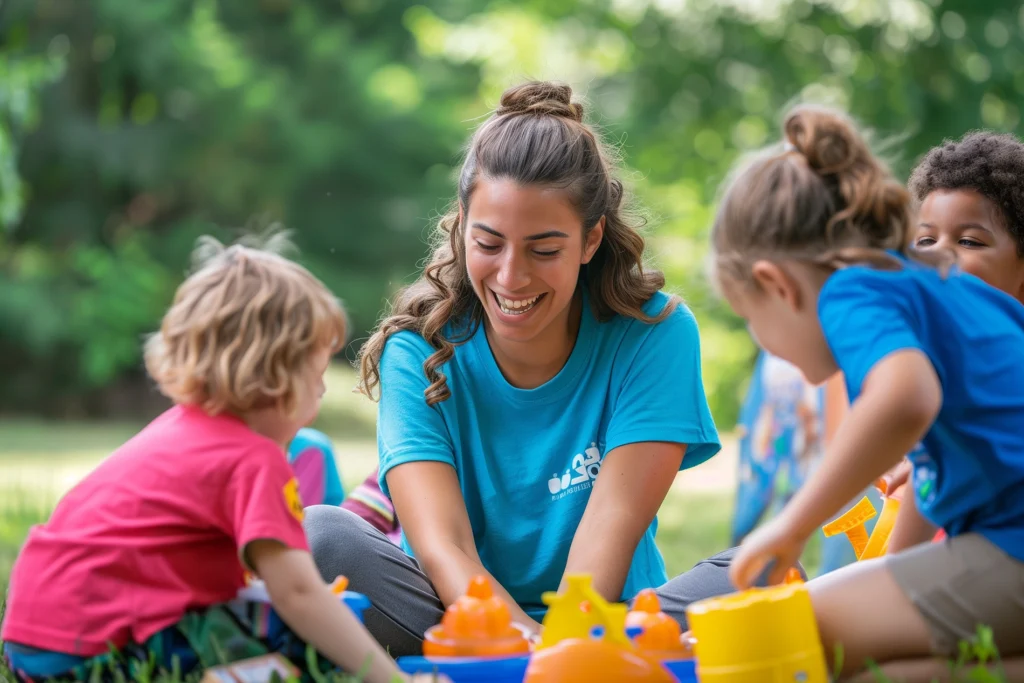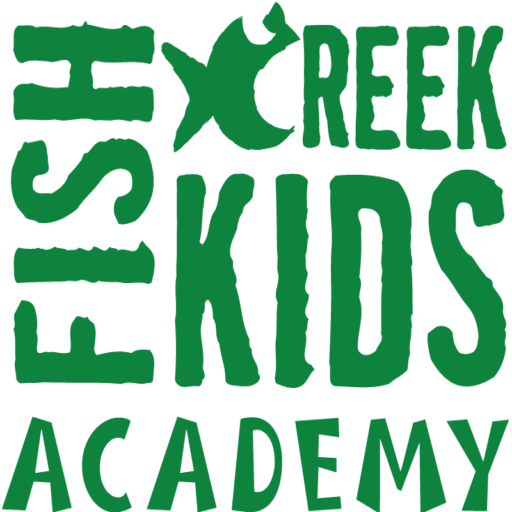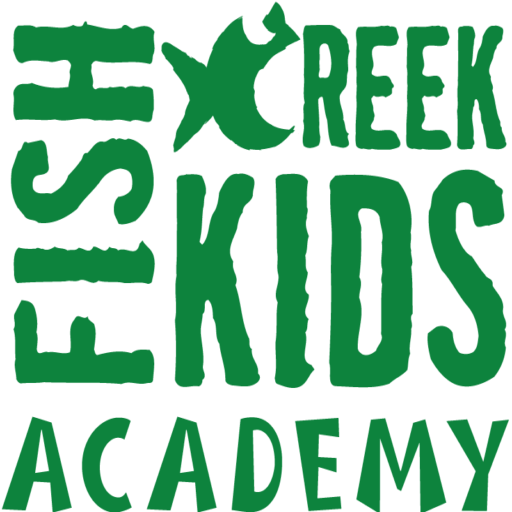Summer is often a long-awaited break in the normal busy routine for you and your preschooler. The warm weather and long days beg for family fun and relaxation. This time is crucial for your young one’s well-being. But it’s also an opportunity for your preschooler to explore, play, and learn in fun ways.
You can use the break to reinforce your young learner’s skills. This will keep their brain active and set them up for success in the coming school year. A great way to do this is by adding math activities to their summer routine.
The best part is you can spend this learning time connecting with your child. Start now with the following seven fun and creative summer math activities for preschoolers.
1. Outdoor Number Hunt
Take the math learning outdoors with a number hunt. Create a list of numbers or use number cards and hide them in your backyard or a nearby park. Encourage children to find each number and match it to objects around them.
They will search for numbers made from twigs, rocks, or even drawn in the sand. Each find brings joy and helps them learn about number recognition. Your preschooler will also get to practice counting. A playful way to learn outside, this activity turns the park into a sunny classroom.

2. Shape Sidewalk Chalk Art
Grab some sidewalk chalk and draw different shapes on your driveway or sidewalk. Ask children to identify each shape as they draw or trace around them. Take turns drawing shapes on the pavement. Ask your preschooler to draw circles, squares, and triangles.
This will help them practice recognizing and naming shapes. They also learn about shape properties, such as sides and corners. As they draw, they’re able to work on fine motor skills.
Each colorful creation becomes a hands-on lesson. It sparks discussions about sizes, colors, and how shapes fit together. Making sidewalk chalk art with different shapes is a great way for preschoolers to mix math and creativity.
3. Math Story Time
Choose math-themed storybooks that involve counting, shapes, or patterns. These stories will entertain your preschooler. They will also keep math concepts fresh in their mind.
After reading, engage your child by asking questions related to the story. Some examples of questions may include, “How many apples did the bear eat?” or “Can you find a circle in this picture?”
4. Counting and Sorting Seashells
If you’re heading to the beach, bring a bucket for collecting seashells. Back at home, spread out the shells on a flat surface. Then, practice counting the shells together.
After counting the shells, practice sorting them by size, color, or shape. This task works on fine motor skills. It also introduces early math ideas, such as classification and comparison.
5. Water Play Math
Turn water play into a math adventure by incorporating measuring cups and containers. Invite your preschooler to explore concepts like volume. Ask, “How many cups will fill this bucket?”
This activity teaches about measurement. It also reinforces counting and estimation in a playful way. Encourage them to pour and fill containers of different sizes. Challenge them to predict how much water each can hold and then verify their estimations.
This activity introduces your child to the idea of quantity. They’ll log some practice with basic math concepts while cooling off from the summer heat.
6. Math in the Kitchen
Adding math to baking or cooking activities is a great way to engage your preschooler. Invite them to help measure ingredients. For example, they can count scoops of flour or teaspoons of sugar. Your child will practice counting skills while thinking about amounts and measurements.
Cooking is a great way to introduce your preschooler to fractions. As they cook, children learn about parts of a whole, like half a cup or a quarter teaspoon. They can see how different measurements affect the outcome of their culinary creations. Your child will learn key math concepts by having fun with real-world applications.
7. Shape Scavenger Hunt Indoors
On a rainy day, turn indoor play into a shape scavenger hunt. This combines learning with fun exploration. Scatter cutouts of shapes, like circles, squares, and triangles, in different rooms of the house.
Hide each shape cutout somewhere in plain sight. Give your child a list of the shapes. Encourage them to search and match each one.
This activity boosts their ability to recognize shapes and sharpens their observational skills. It keeps your child entertained while reinforcing basic math skills. You can transform a rainy day indoors into a chance for educational play.
Consider Educational Summer Camps
The summer months are short, and your time is valuable. Consider enrolling your preschooler in an educational summer camp. These camps offer a fun way to keep learning and socializing during the break.
The camps provide structured activities, balancing learning and play. They help children learn new skills, gain confidence, and make friends. This keeps kids engaged and excited about exploring new interests.
Educational camps enrich the summer months. You can support the skills they learn with math activities at home.

Benefits of Summer Math Activities for Preschoolers
Summer math activities are a great opportunity for preschoolers. They reinforce their grasp of basic math while having fun. They can also enhance their problem-solving skills, spatial awareness, and critical thinking abilities.
Summer math activities also encourage curiosity and creativity. They give your preschooler a solid foundation for future success.
Ultimately, they emphasize having fun while learning, supporting a positive view of math. This will help your child be a life-long learner.
Make Summer Count: Fun and Educational Math
Add these fun summer math activities to your preschooler’s summer routine to keep them engaged and having fun. Remember to keep the activities age-appropriate and play-based, always encouraging exploration and discovery. Summer is a great time for learning and connecting. With these activities, you’ll make math enjoyable and meaningful for you and your preschooler!


